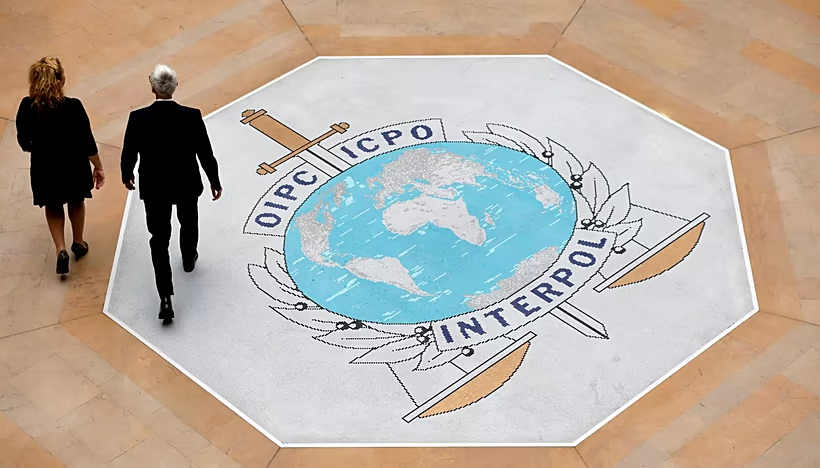Physical Address
4 Elgon Terrace, Kololo, Kampala, Uganda
Physical Address
4 Elgon Terrace, Kololo, Kampala, Uganda

Interpol has made a major breakthrough in the fight against cybercrime in Africa, arresting more than 260 individuals involved in romance scams and sextortion rackets across the continent.
The coordinated operation, which spanned several African countries, targeted criminal networks exploiting vulnerable people through online platforms. These scams often lure victims into fake romantic relationships or coerce them with explicit content, leading to devastating financial and emotional consequences.
Interpol said the suspects were part of highly organized groups running transnational cybercrime operations. These networks used social engineering tactics to manipulate victims and then demand money through blackmail or false promises.
The crackdown comes at a time when online fraud is rising sharply in Africa. The spread of affordable smartphones, growing internet access, and increased reliance on digital financial services have created new opportunities for cybercriminals. In South Africa alone, cybersecurity experts report a surge in sextortion cases targeting young professionals and students.
According to Interpol officials, the arrests were made possible through intelligence sharing between member countries and collaboration with local law enforcement agencies. The agency also emphasized the importance of public awareness campaigns to help citizens identify and avoid such scams.
Experts believe the operation will send a strong message to cybercriminals operating across Africa. However, they also warn that sustained efforts are needed, including better cybercrime legislation, improved forensic capabilities, and stronger public-private partnerships.
For everyday internet users, simple precautions like verifying online relationships, avoiding sharing intimate content, and reporting suspicious activities remain key defense strategies.
Interpol has pledged to continue its efforts against online scams and strengthen cybercrime policing capacity in Africa, aiming to protect millions of digital users across the continent.